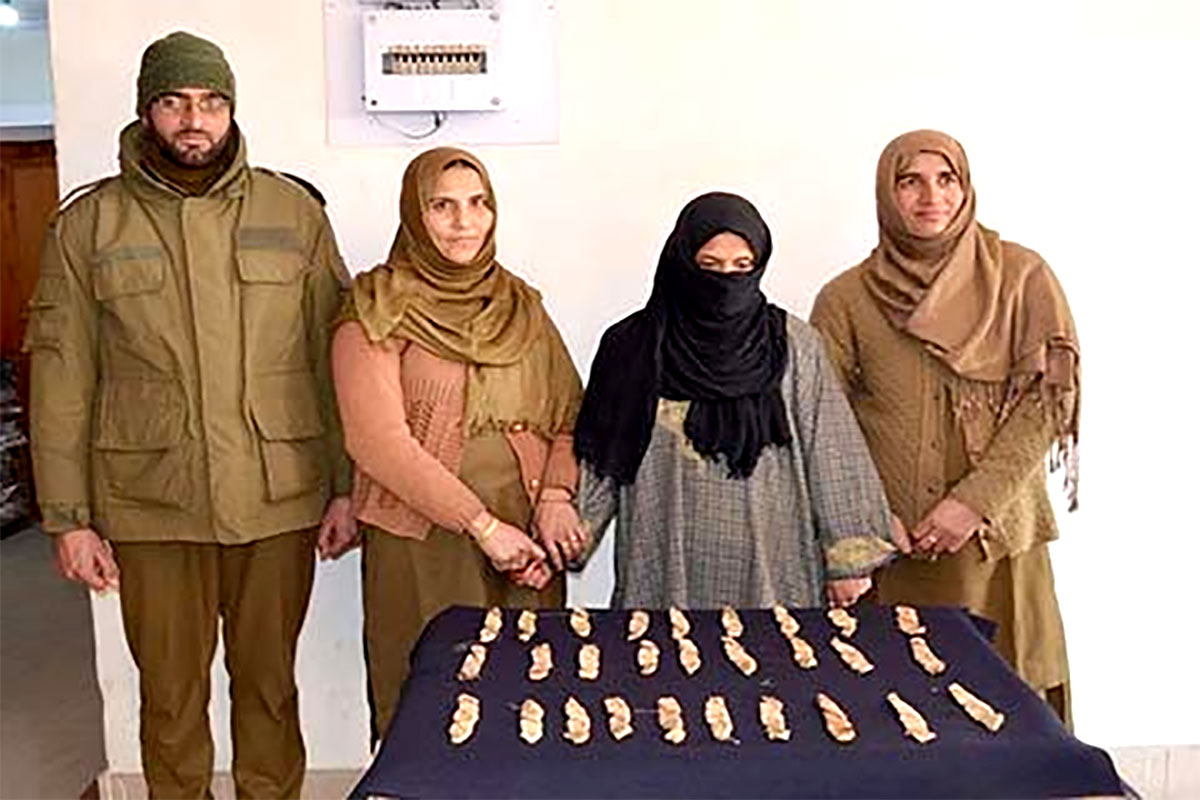by Naveed Para
The conversation needs to begin at home, we have to immediately stop talking about mental health issues as ‘absurd’ or ‘weird’, mental health issues are as real as physiological issues.

Recently, it was noted that a child as young as a 10-year-old boy from north Kashmir was diagnosed at the drug de-addiction Centre of SMHS Hospital in Srinagar, to reveal that he was a heroin abuser. The 10-year-old boy is currently on Opioid Substitution Therapy (OST), a treatment regimen that makes it possible to give up heroin and other opium derivative drugs, highly addictive and with life-threatening consequences.
In another case, in early July, it was seen that a 24-year-old youth in Kashmir committed suicide on Sunday by jumping into Aharbal waterfall in the Kulgam district. During the second wave of Covid19, suicide cases have seen a surge in Kashmir.
According to experts, economic distress, drug abuse and frequent domestic violence are the main reason for the rise in suicide cases in Kashmir. As per some reports, more than 100 people, mostly youth, have committed suicides in Kashmir during the last six months. Over 500 attempt to suicide cases from different areas of Kashmir have been reported at Srinagar’s Shri Maharaja Hari Singh (SMHS) hospital in the last year, as per official figures.
The Kashmiri society, by the virtue of its existence, has been in shape and form as a society largely banking on the community spirit of the people.
The Mind In Mess
In this rising trend across Kashmir, suicides are peaking. This dangerous tipping point is especially visible among youth. Without the space to express, breathe and freely move, owing to the nuances of living in a conflict zone moved to chaos by Covid19, suicides are becoming a very prominent cause of death in Kashmir.
The National Crime Records Bureau (NCRB) has recorded around 6000 cases of suicide in Kashmir between 1990 and 2019, with experts attributing the cause to the conflict. Many experts have also pointed towards mental health issues like anxiety, major depressive disorders, and drug addiction as probable suicide causes.
A Failing Society?
With all the data and deaths that are available at our disposal as evidence, it is enough to conclude that we are blatantly failing as a society. Apart from our circumstances, the distance from our doors to our hearts is causing our children to indulge in activities that are wrong both, in the Islamic sense and morally. Surviving a history of clampdowns, lockdowns even the ones before the Covid19 pandemic was eating up people, our community spirit has kept many disasters at bay.
Taking a cue from the way people helped each other during the 2014 floods, our Kashmiri brothers and sisters not only helped each other but also tourists stranded with them. Sheltering, feeding, and taking care of random strangers; that is when we showed our social fabric to everyone who had lost faith in the feeling of Kashmiriyat.
Unusual Circumstances
We Kashmiris are surrounded by unusual circumstances since the foundation of the concept of the modern nation-state, from the way we live to the way we dress, everything has been questioned. Every now and then we are met with a disaster, sometimes natural, sometimes man-made, yet we manage to stay afloat, we resist the sink!
In a research conducted by Syed Amin and AW Khan published in the International Journal of Health Sciences; they reveal shocking data. Due to continuing conflict in Kashmir during the last 18 years, there has been a phenomenal increase in psychiatric morbidity. The results reveal that the prevalence of depression is 55.72%. The prevalence is highest (66.67%) in the 15 to 25 years age group, followed by 65.33% in the 26 to 35 years age group. The difference in the prevalence of depression among males and females is significant.
Depression is much higher in rural areas (84.73%) as compared to urban areas (15.26%). In rural areas, the prevalence of depression among females is higher (93.10 %) as compared to males (6.8%).

As I seeing this impending disaster that has found its way into our houses, the need of the hour is to talk to each other and forms civil society group that work on knowing our society, its need, its wants, its desires, drawing a special focus on our youth and what it needs to understand our social fabric better. The way we have institutionalized the profession of healthcare, it is high time to collaborate with mental health practitioners and work towards the de-stigmatization of mental health diseases and mental healthcare needs.
The conversation needs to begin at home, we have to immediately stop talking about mental health issues as ‘absurd’ or ‘weird’, mental health issues are as real as physiological issues. The more we steer away from having a conversation about mental health means we will be pushing more children into drugs and suicide. Drugs and self-harm are activities that neither our culture nor our community professes, these need to be stopped at their roots.
(The author is an advocate by profession. The opinions expressed in this article are those of the author’s and do not purport to reflect the opinions or views of Kashmir Life.)















